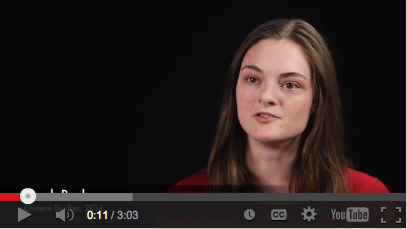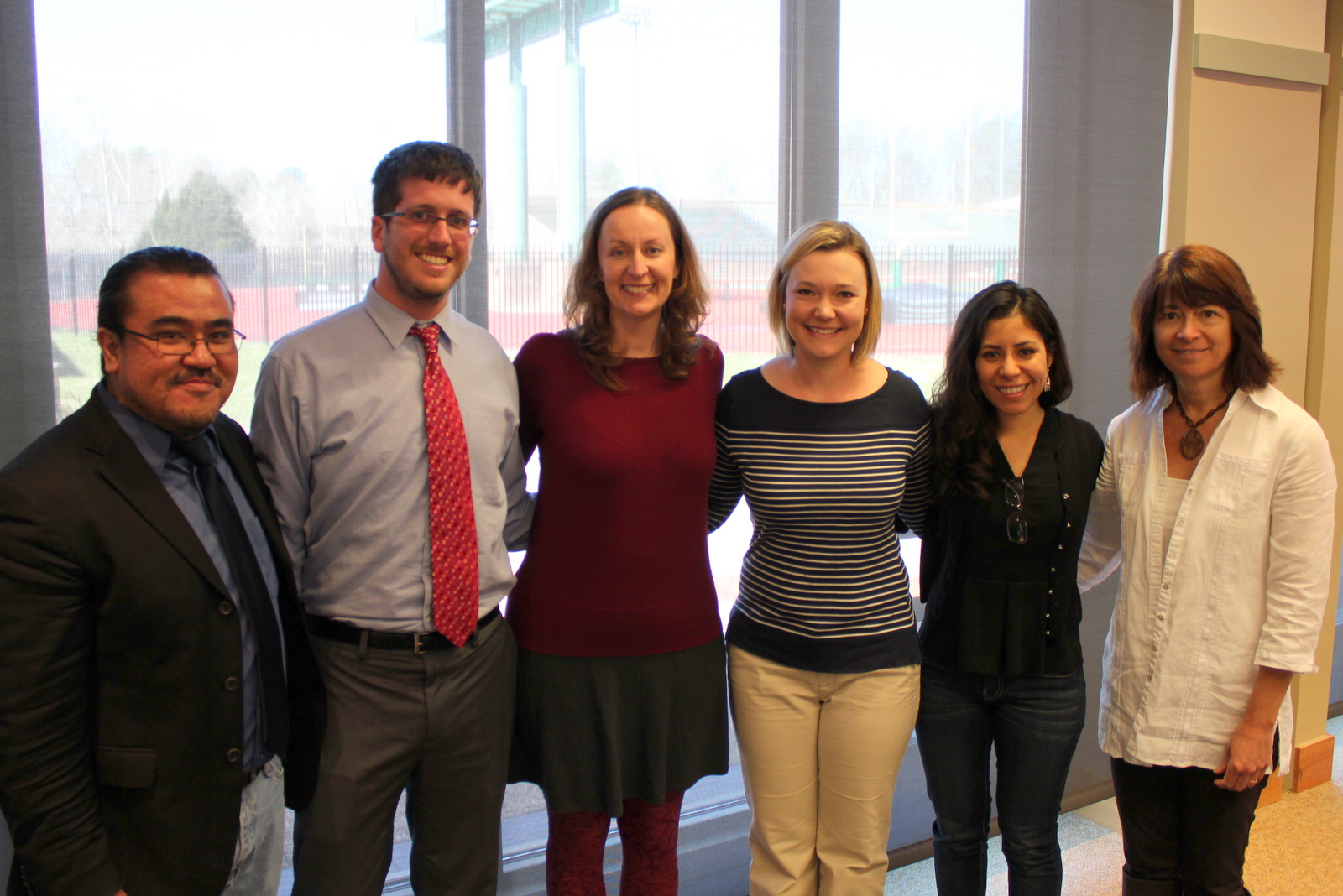 I would have never guessed as a Freshman at William & Mary how much of an impact studying Italian would have on my life. I began college wanting to double Major in Hispanic Studies and Business, however after taking my first Italian class and spending so much time in the Italian House even before my two years as a resident, my plans had already changed. I remember going to my first conversation hour at the Italian house incredibly nervous, and leaving incredibly inspired. The house tutor that year, Giacomo Poli, essentially taught me how to speak Italian while I went along with a textbook to learn the grammar. I attended every activity I could at the House as Giacomo really instilled an appreciation for the Italian culture in everyone who went there. Thanks to him I was able to start Italian in the classroom that Spring in Italian 202 with Professoressa Boyle, who made me love the Italian language and culture even more and easily convinced me to pursue a minor in Italian, as well as do my study abroad semester there.
I would have never guessed as a Freshman at William & Mary how much of an impact studying Italian would have on my life. I began college wanting to double Major in Hispanic Studies and Business, however after taking my first Italian class and spending so much time in the Italian House even before my two years as a resident, my plans had already changed. I remember going to my first conversation hour at the Italian house incredibly nervous, and leaving incredibly inspired. The house tutor that year, Giacomo Poli, essentially taught me how to speak Italian while I went along with a textbook to learn the grammar. I attended every activity I could at the House as Giacomo really instilled an appreciation for the Italian culture in everyone who went there. Thanks to him I was able to start Italian in the classroom that Spring in Italian 202 with Professoressa Boyle, who made me love the Italian language and culture even more and easily convinced me to pursue a minor in Italian, as well as do my study abroad semester there.
Being a Business major I decided to study in Milan, at Italy’s top Business School: La Bocconi. I created my own study abroad program by going through their single courses program and getting approval from many people between the Reeves Center and the Business School. After just a few days at Bocconi, I began to question my decision to create my own program. For being such a highly appraised University, I had a different experience. Let’s just say they made everything a struggle, and didn’t allow me to do practically anything at the school besides attend class. The terrible experience with Bocconi was actually for the best as it turns out. I figured out that Business was not the field of study for me and I also improved immensely on my Italian arguing skills when dealing with their registrar. But where I really improved my Italian was outside of Bocconi, and mostly outside of Milan. I am proud to say that I did not speak to one American the entire time I was in Italy, and for that matter, I spoke barely any English. Speaking Italian became first instinct after befriending so many cyclists.
Now here’s where I thank God that I brought my bike with me to Europe. It gave me such a unique study abroad experience that also helped shape my future. Through the Cassinis cycling team in Milan, I was able to connect with so many other cyclists around northern Italy. The cycling community no matter where you go is such a welcoming one. Through the people, I met I had the opportunity to fully explore the area around me because someone is always proposing a new adventure! From cycling the seaside in Liguria to crossing the Swiss border to climb l’Alpe di Neggia, and from having amazing opportunities such as cycling around the Montichiari velodrome or touring the Bianchi Factory, they allowed me to truly explore and grow within the Italian cyclist culture. One particular friend from the team, Ale “Ironman” Sciarro, was one of the most inspiring and adventurous people I had ever met. He was dedicated Ironman triathlete who simply loved sharing his passion for the sport with others. He took me on several neat adventures, such as riding with his triathlon team on the world-famous autodrome of Monza, going around the Lago di Bracciano outside of Rome, and most importantly introducing me to the mountains of Lecco, where I first climbed Ghisallo, one of the most renowned climbs in the Giro di Lombardia. Little did I know that introduction ride to Lecco was more of a sneak peak to where I would be conducting my research this summer.
A week later after that ride, lo Sciarro sent out an email seeing if anyone wanted to accompany him in doing the Granfondo Cinque Terre. Wanting to explore as much as possible on my bike, I quickly said yes and that weekend was provvidenziale (heavensent). During a dinner at a small bed and breakfast outside of the town before the race, we encountered a larger group of people who recognized us as cyclists, and also the fact that I was not Italian, which led to very lively conversation as to what on earth I could be doing there. We discovered they were all from Lecco, where I had just biked a week ago. From a single conversation, I could already tell they were a special group. There was Fabio, ex-pro cyclist, his fiancée Laura, his father Elio, and their family friends Gianni, Mario and Enrico. Luckily, I ran into them again the next day after the race.
In a Granfondo there are usually two courses to choose from: a long or “short” course. I was disappointed in myself for not choosing the longer route and instead opting for the short 86km course due to the heat and humidity that day. Upon finishing, I heard “L’americana!” I turned around to find Enrico surrounded by the others from the night before. My disappointment with myself was immediately transformed to happiness. I ate the post race meal with them while I waited for Sciarro to finish the long course. I found out they all did the race in honor of a friend of theirs, a previous winner of the race, who passed away. Also a part of their group was il Don Agostino, with a few teenage boys from la communità Don Guanella of Lecco. Don Guanella is an educative community that houses several young boys from outside countries and helps them learn and grow until they are 18 years old and ready to go out on their own. They explained to me the wonderful concept behind the community and that il Don provides a road bike for every young boy there as a way to help them integrate themselves into the city and the outside world. I was touched by that concept and then incredibly thankful to have met them. I exchanged contact info with Fabio so I could take the train up to ride with them in Lecco, which I could not wait for.
A whole two months later, I made my return to Lecco. Due to conflicting schedules and my travels, it took a while to finally plan a ride together. I arrived at the train station and received a hug from Fabio, Elio, and Gianni before we set out to do the Ghisallo climb. The entire ride (literally) they explained to me everything there is to know about the mountains, the lake, and the history of where we were biking. I could go on forever about how wonderful that ride was, and how much they shared with me. Basically, I grew even fonder of them and might have invited myself back to ride again later that week. They were delighted and that’s when I started spending more time in Lecco than Milan. That next weekend, after a beautiful ride to Varenna, they invited me to their house for lunch and a hike to Monte Barro, where I met Fabio’s mother Gabriella and his brother Luca, also incredible cyclists. They actually live away from Lecco in Castello di Brianza, which is also part of the region of Brianza. That marked the first of many delicious meals and fun times spent with them, and as well as the first time I heard their dialect spoken: Brianzolo.
This family made my study abroad experience unforgettable and made me want to return to the beautiful area of Brianza as soon as possible. So, I decided to forget about finding a Business related internship for the summer and I pursued an honors fellowship through the Charles Center to further research and document their dialect, as it is slowly disappearing with the passing generations. I will also be looking at how it is spoken across three regions. This research project will serve as an outlet for me to study what I’ve always had a passion for from my Spanish and Italian studies: Language. I will be spending this summer back in Castello di Brianza, in the province of Lecco to answer the many sociolinguistic questions I have about their dialect, as well as provide documentation for it.
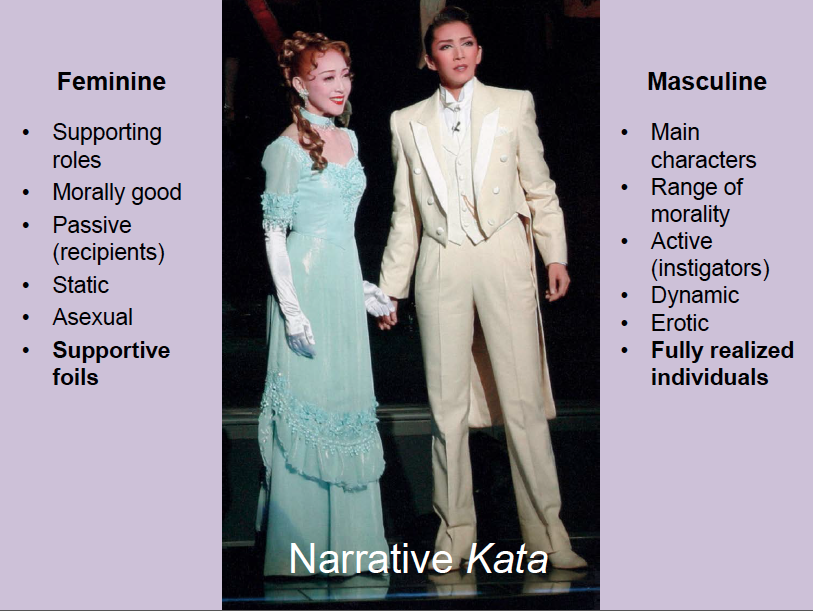


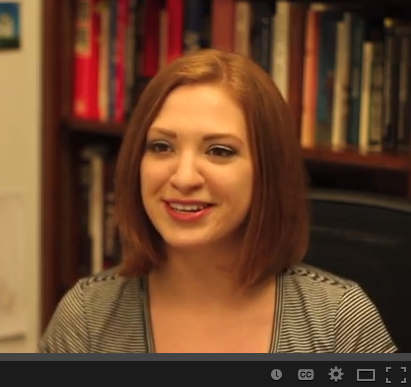
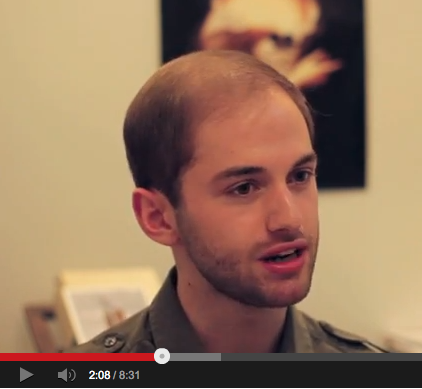
 Is there such a thing as a universal language of film? The students in German 206 “Intermediate Composition and Conversation, team-taught by Visiting Assistant Professor Jennifer Gülly and German House Tutor Carolin Wattenberg, ” were about to find out: thirteen movies covering almost 100 years of German and Austrian film history. Thirteen movies, that’s thirteen individual stories: the story of a young couple whose life is torn apart by the Berlin Wall (The Promise); the story of a son who keeps the GDR alive in an attempt to save his mother’s life (Good Bye, Lenin!); the story of a boy who refuses to grow up out of contempt for his elders and their ready compliance with the Nazi regime (The Tin Drum) or the multiple stories of Turkish, Russian, and other immigrants and their struggles behind, between, or across physical and psychological borders.
Is there such a thing as a universal language of film? The students in German 206 “Intermediate Composition and Conversation, team-taught by Visiting Assistant Professor Jennifer Gülly and German House Tutor Carolin Wattenberg, ” were about to find out: thirteen movies covering almost 100 years of German and Austrian film history. Thirteen movies, that’s thirteen individual stories: the story of a young couple whose life is torn apart by the Berlin Wall (The Promise); the story of a son who keeps the GDR alive in an attempt to save his mother’s life (Good Bye, Lenin!); the story of a boy who refuses to grow up out of contempt for his elders and their ready compliance with the Nazi regime (The Tin Drum) or the multiple stories of Turkish, Russian, and other immigrants and their struggles behind, between, or across physical and psychological borders. The students actively led class discussions by doing three oral group presentations each. The purpose of these was not so much to provide a synopsis of each movie but for them to think of crucial questions and issues that they’d want to discuss with their classmates. Presentations challenged them to practice speaking German freely and in front of an audience, while also actively managing their classmates’ responses and reacting to them in real time.
The students actively led class discussions by doing three oral group presentations each. The purpose of these was not so much to provide a synopsis of each movie but for them to think of crucial questions and issues that they’d want to discuss with their classmates. Presentations challenged them to practice speaking German freely and in front of an audience, while also actively managing their classmates’ responses and reacting to them in real time.

